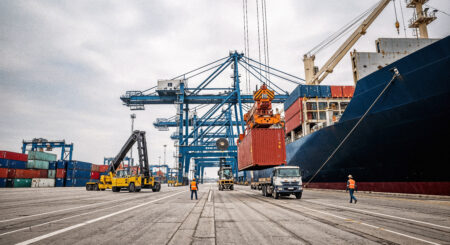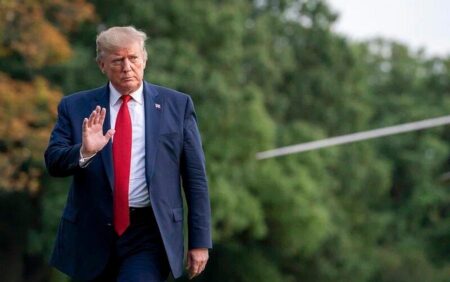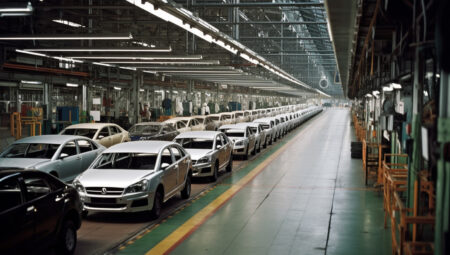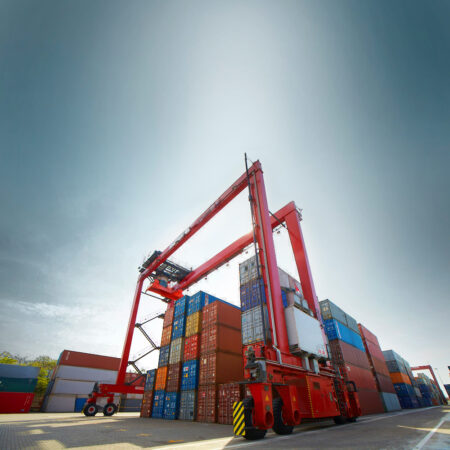Trump claims India proposed zero tariffs on US goods; India says talks are ongoing, no final deal yet.
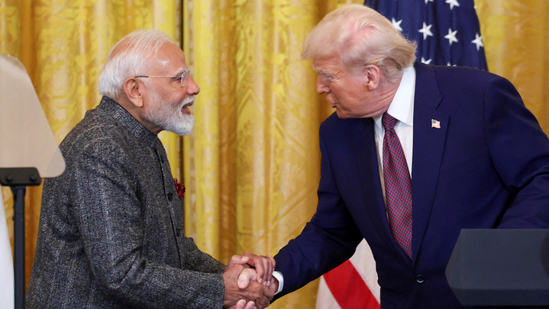
In a statement that has stirred global trade watchers, former US President Donald Trump claimed India has offered a near-zero tariff trade deal on a broad range of American goods. The remarks were made during a meeting with business leaders in Doha, where Trump said, “They’re the highest, and now they’re saying no tariff.”
However, India’s Ministry of External Affairs quickly pushed back, with Foreign Minister Subrahmanyam Jaishankar clarifying that “nothing is decided till everything is.” He emphasised that any judgement on the outcome would be premature until both sides reach a “mutually beneficial” agreement.
The trade negotiations gained momentum following Prime Minister Narendra Modi’s visit to the White House in February, with both countries targeting a bilateral deal within a 90-day window—a timeline announced by Trump on April 9 to resolve tariff issues with major trade partners.
Trump’s comments, despite being unconfirmed officially, sparked a rally in Indian markets. The Nifty 50 surged 1.6% while the BSE Sensex climbed 1.48%, both hitting their highest levels in seven months.
According to sources, the proposed deal includes India reducing its average tariff differential with the US from 13% to below 4%, offering zero tariffs on 60% of tariff lines in the first phase and preferential access for 90% of US goods. In return, India is seeking full exemption from both existing and future US tariff hikes, a benefit not fully extended to even the UK in its recent deal with Washington.
US Vice President JD Vance’s recent visit to India, where he hailed “very good progress”, further signalled growing optimism, though no final terms have been disclosed. The Indian Ministry of Commerce and Industry has yet to issue an official comment.
As speculation mounts, the next few weeks will be crucial in determining whether the India–US trade pact materialises, potentially reshaping the bilateral trade landscape significantly.
Source: Al Jazeera







